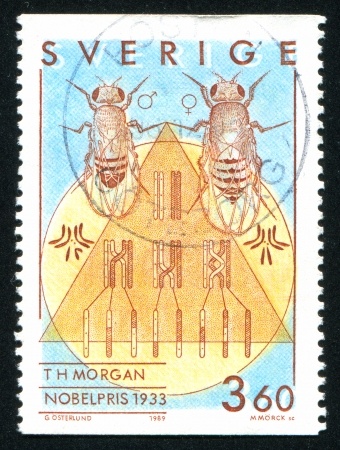Podcast: Play in new window | Download
Subscribe: Spotify | Email | TuneIn | RSS
Think about your first few months of graduate school. You moved into a new apartment in a new town, you met hundreds of other students and scientists, and you had to pick a rotation lab and classes for your first semester. It’s an unbelievably stressful time for most students.
Now imagine doing all of that in German.
First-Class Research
Most of us learn enough vocabulary in a foreign language to take the train or buy a coffee, but students who travel internationally for graduate school are expected to do much more. “Where is the library?” is an easy phrase to learn. “The Drosophila histone demethylase dKDM5/LID regulates hematopoietic development” is not. (Morán T, et al.)
This week on the show, Josh interviews Haifa, an international student who grew up in Saudi Arabia and is now studying Drosophila at the University of Kansas. She shares her experience with coming to the US and talks about learning the nuanced English required to communicate with other scientists. She also reveals the subtle differences between lab culture at home and abroad.
Stinking Stuffer
Now that it’s officially the season for shopping, we tell you about a very unusual toy that should be on every microbiologist’s list. It’s Poo Dough, and it is perhaps the worst toy devised in a decade. Seriously, who thought this was a good idea? (Warning: it contains wheat for some reason.)
Josh is startled this week by the recent spate of Cats vs. Cucumber videos appearing online. Be sure to watch what happens when the cucumber menace sneaks up on unsuspecting scientists:
And in honor of the University of Kansas, we’re drinking another beer sent in by a Lawrence listener. It’s the Copperhead Pale Ale from Freestate Brewing. Thanks to all our friends in the Sunflower State!
References
Outliers: The Story of Success by Malcolm Gladwell – He describes the influence of High- and Low-Power Distance cultures on the rates of airline crashes.





